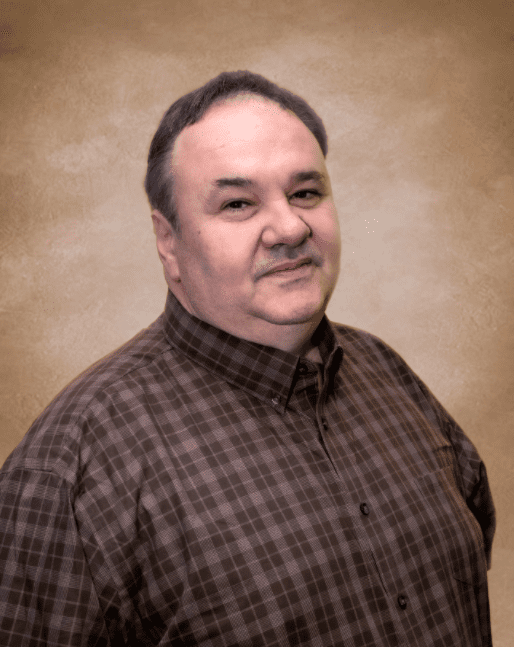
I can’t think of any other piece of news in 2023 that was bigger in the audiophile community, at least not in North America, than that of Audio Research having been bought by AR Tube Audio Corporation, a company formed, for the occasion, by Valerio Cora of Acora Speakers.
I recently sat down across from Val and his wife and partner in business, Sheree, for a Zoom chat. They looked calm and nonplussed, like I’ve seen them look on any other day, which was the opposite of what I expected. Considering the magnitude of the historical event that was their purchase of Audio Research, and how much they must have on their plate running two companies, I expected them to look ragged.
Had negotiations to acquire Audio Research gone that well?
“There really hasn’t been that much negotiating,” Val said. “Audio Research was more or less bankrupt, so we bought it on an asset purchase/sale. It was, literally, a bid. We put in our bid for the assets of the company. That was it.
“The only negotiations at this point have been with vendors,” he continued. “Some are upset, and rightly so. Some are owed quite a bit of money. Some have said they’d put it as ‘water under the bridge, we value your business, and we’ll keep going’; others said the opposite. And it’s their choice. I understand how difficult it is for them.”
Was there a bidding war?
“There was a bit of a bidding war, but I had our target number and I wasn’t going to go 1¢ higher. If someone would have bid more, I would’ve congratulated them. I knew the realistic value of the company. There was only eight days to put this bid together and I knew how many people had visited the factory. I had a sense of what bids were going to come in.”
Audio Research is an iconic American brand now owned by a Canadian. How has the reception been to that?
“Fantastic,” replied Val. “People are happy the company wasn’t bought out by somebody in Saudi Arabia or some venture capitalist. The fact that I’m in the audio industry, that my audiophile ideology aligns with what a lot of people want the iconic brand to be, I think the differentiation between us being Canadian versus American wasn’t a concern. I’ve seen very little negative comments out there about us having bought the company.“
And those good feelings extend to the Minnesota workforce?
“The workers there were ecstatic that someone in the audio industry was going to keep the company the same, more or less,” Val said. “Obviously, there’s got to be changes and growth, but that’s like with any company. You’re either growing or you’re dying. There’s no such thing as staying at a steady plateau in business.
“If it wasn’t for the employees,” he said. “I wouldn’t have put in a bid. The front-end is where a lot of the repairs have to be done. The previous owners had a lien for Audio Research that I think hampered the company. People wanted to see the company come out of this lien and go back to what it once was, which is where I want to take it, so people were ecstatic.”
They must’ve been concerned for their jobs, I said.
“Absolutely,” Val said. “The average employee has been with the company for over twenty years.”
Added Sheree: “There are a lot of ex-employees who’ve asked to come back, who left for whatever reason. After we went down there, they’ve been wanting to rejoin the company.”
Val: “When we bought the company, we were down to 20 employees and now we’re back to 31. Some retirees have come back to work for 3 to 4 months, just in the interim to help get the company back on its feet. The response has been incredibly positive from every side. Engineers from other companies reach out to me saying, ‘Hey, if you need a hand, don’t hesitate to call us.’ It’s been exciting to see the industry pulling together like this.”
I asked what he and Sheree thought was the underlying reason for ex-employees wanting to come back.
“Because every single person at Audio Research is an audio nut,” Val said. “They always wanted to be part of that company. The only reason they left is because they have families and were worried about the instability when the company was going under. Now they’re seeing a positive future for Audio Research.”
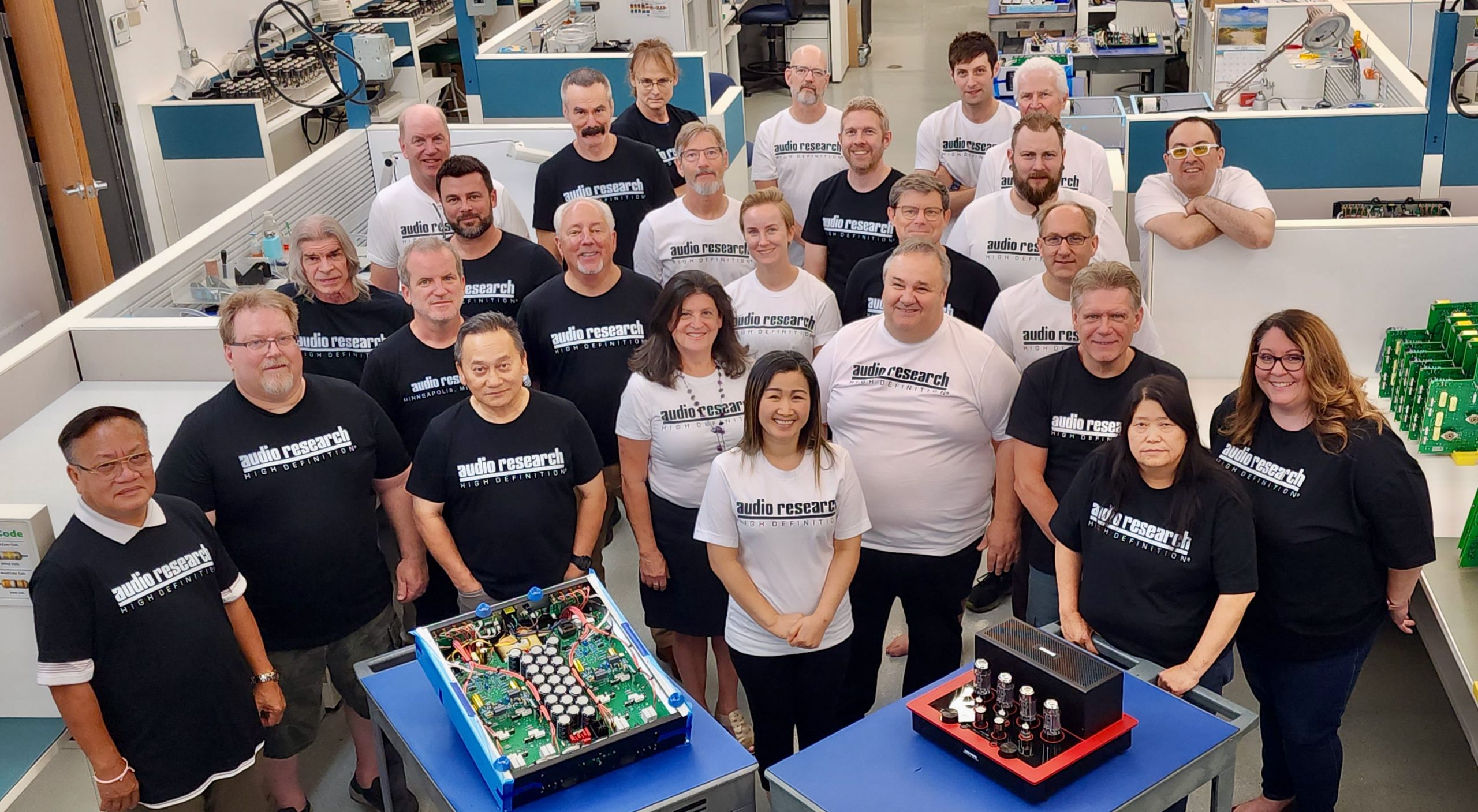
So what happened to Audio Research to almost cause it to go bankrupt?
“It’s hard to say,” Val said. “There were so many things, and we weren’t privy to everything that happened. The reality is the bank decided to pull the loan. (Previous owner) Trent Suggs did what he could. He was trying to bring Audio Research back, but he was relying on funding from the bank and that got pulled out from under him.”
Was Trent still part of the business?
“He is not,” said Val. “We’re still in touch, and he’s doing well. And he’s still, through and through, an Audio Research person. But the blame had to be put somewhere. When the ship goes down, the captain has to take the blame. That’s just the way things go.”
I remind Val about something he’d told me in our previous interview, about his preference to go into speaker manufacturing instead of electronics manufacturing. At the time, he’d said: “I did look into amplification briefly, but it was always the speaker side that drew me in.”
So why get involved with an electronics company?
Without missing a beat, he said: “Because I didn’t want to see Audio Research die.” At this, he paused, as if to let the weight of his words sink in. “Originally, I got involved [with the situation] to try to help Trent, because Trent had helped me. But there was just too much damage [to fix] without the bank standing behind Trent. I wasn’t ready to take over Audio Research the way it was. The only thing that made sense was an asset purchase/sale. Otherwise, there was no way to save that company. Too much money was owed.
He continued: “In Minnesota, the courts decide whether a business is viable to be sold as an asset to another company to restart it and, if so, they’ll pretty much wash the company’s debts. Secured creditors get paid first, and the rest of the creditors get paid whatever is left over.
“I saw this as an opportunity to save Audio Research. I also didn’t want [the loss] of Audio Research to hurt the industry. Had the company gone under, I think it would have caused a lot of waves in the audio industry and hurt every company in it.”
So how does he juggle two companies — Acora and Audio Research — at a time?
“I got a great support network,” he said, nodding in Sheree’s direction. “She’s how I do it.”
I asked Sheree how they find the time in a day to do it all.
“There’s never enough time in a day,” she replied. “Any company survives on the company as a whole and not on just one person. Setting up the networks within the company, and the relationships you have with people, and managing those separately day-to-day is what gets you through.”
Was any part of the Acora business being shifted to Minnesota, or vice versa to Ontario for Audio Research?
“No,” said Val. “The two companies are production- and facility-wise completely separate. Will I use engineering from Acora to help Audio Research? Or the other way around? Absolutely, and why wouldn’t I? There are great resources on both sides of the table.
“I use Audio Research at home. There’s a ton of people for who [that brand] is their ‘reference’, and I’m one of them. I know their engineering, and I know what they sound like. I’ve owned Audio Research for the last 20 or 30 years.
I pointed out that I’ve seen him often exhibit with Audio Research gear.
“Some people don’t realize that,” he said. “They say, ‘Great, now they (Acora) are always going to exhibit with Audio Research. No, we already did. You saw it in Toronto, Washington, and Montreal. It’s one of the brands I’ve always used. In fact, I moved away from Audio Research, so as not to become a one-trick pony. It’s also one reason we showed with D’Agostino, VAC, Hegel, Boulder, Nagra, and on and on. I always try to keep switching things up, and it’ll always be that way. I love Audio Research and it’s a great product.
“I also love Ferraris. It doesn’t mean you have to buy a Ferrari if you love Porsche or Cadillac or Bentley. And if you love Audio Research with Wilson speakers, I’m not going to tell you that you made a mistake. It has to work for you. But when you do put Audio Research and Acora speakers together, is the sound going to be in the top 1 percentile of any system out there? Absolutely it will be.”
Read the second part of the interview.
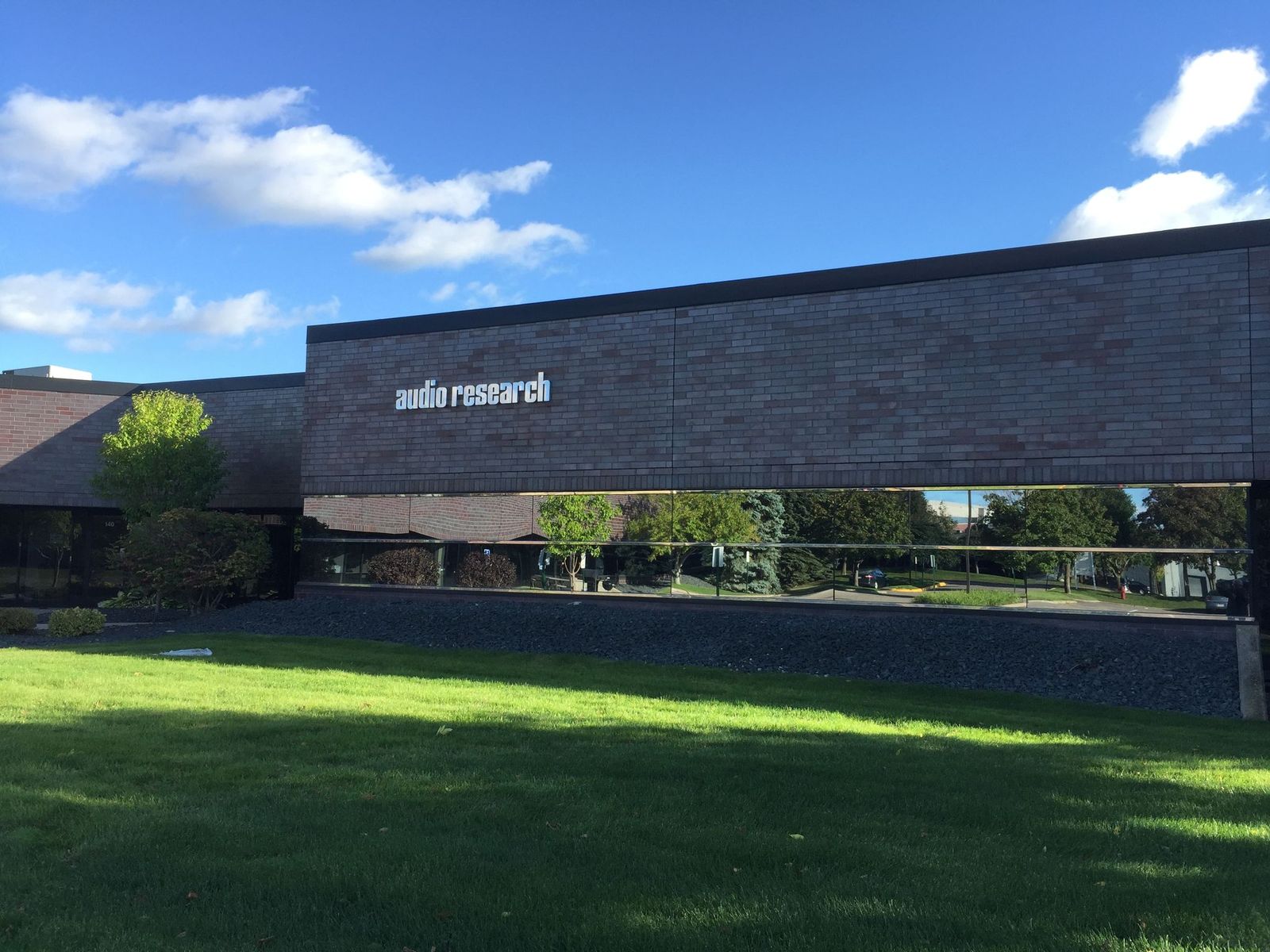
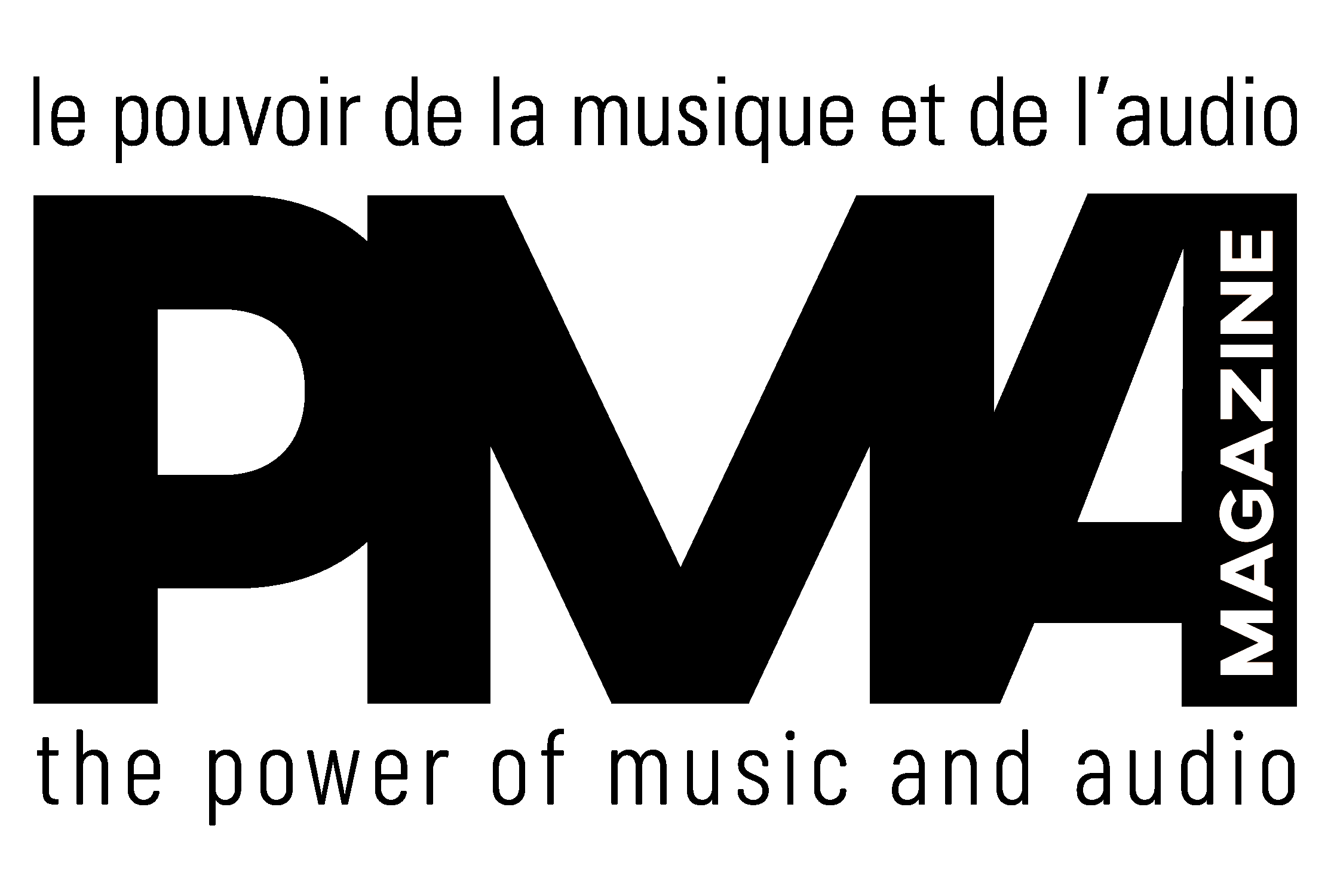



















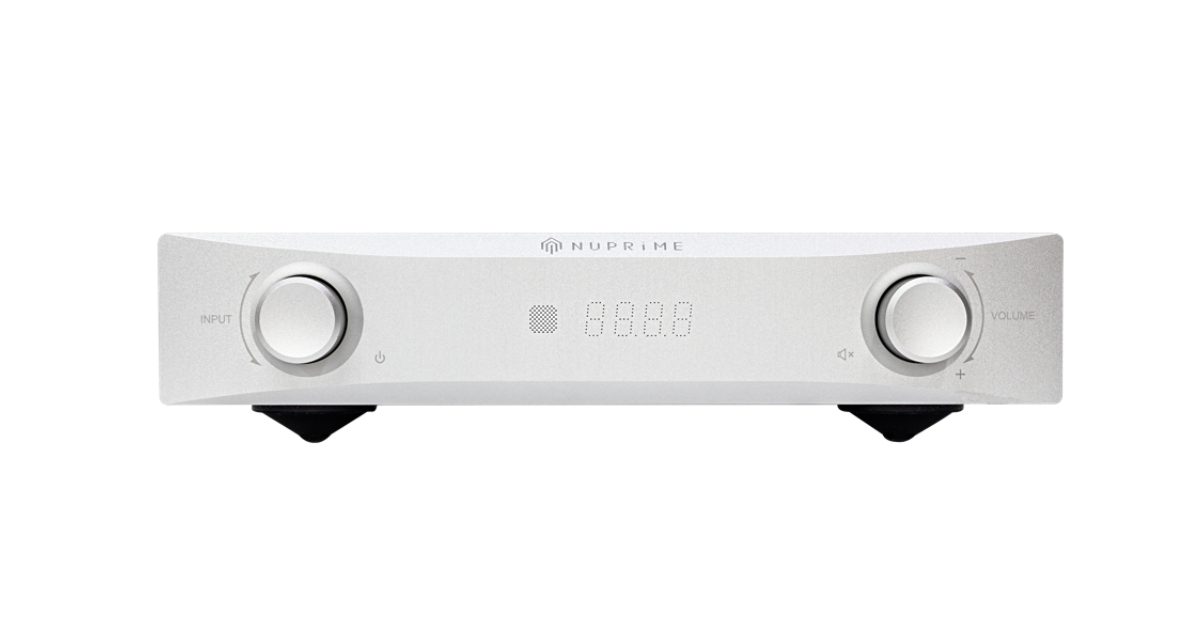
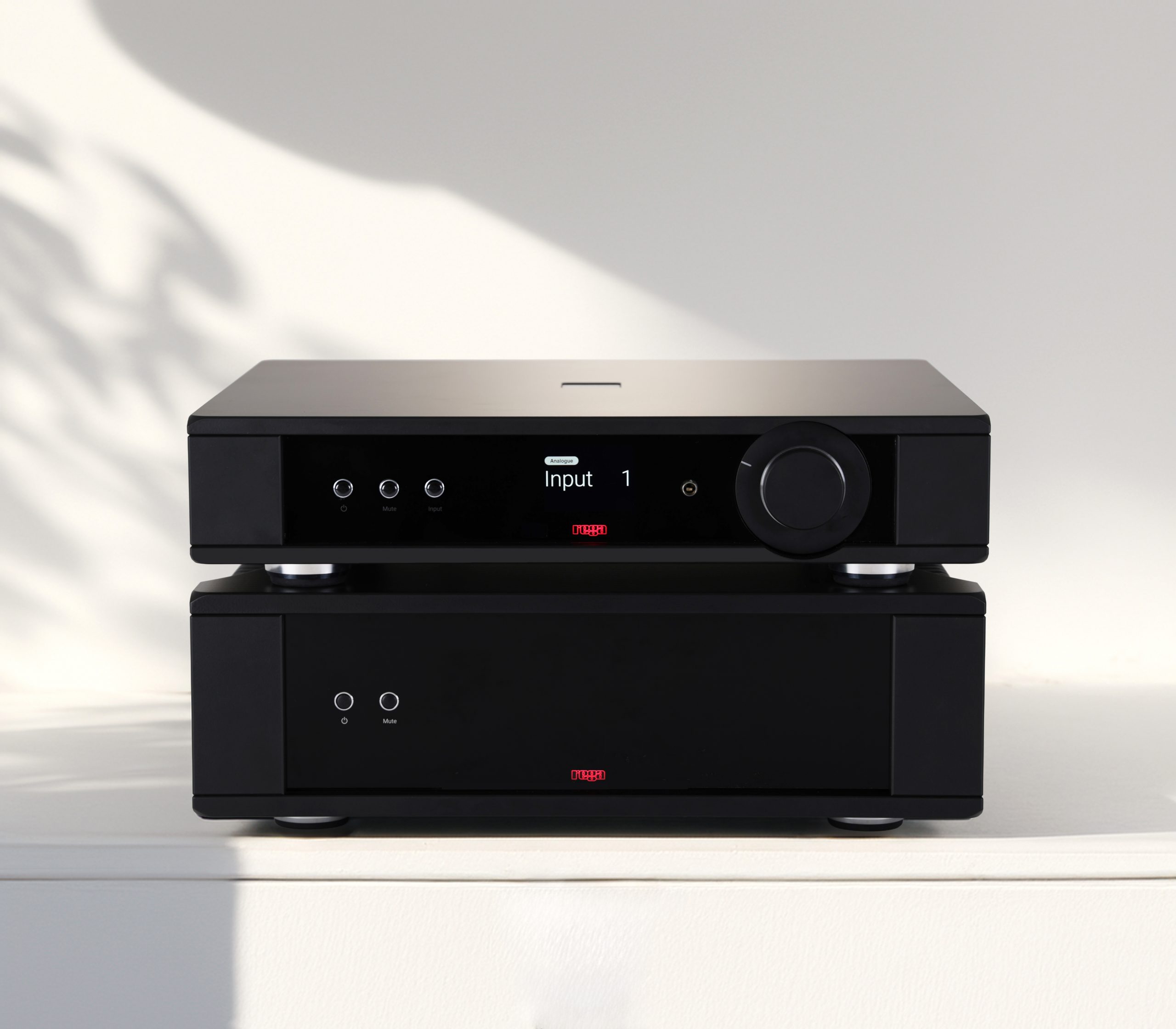
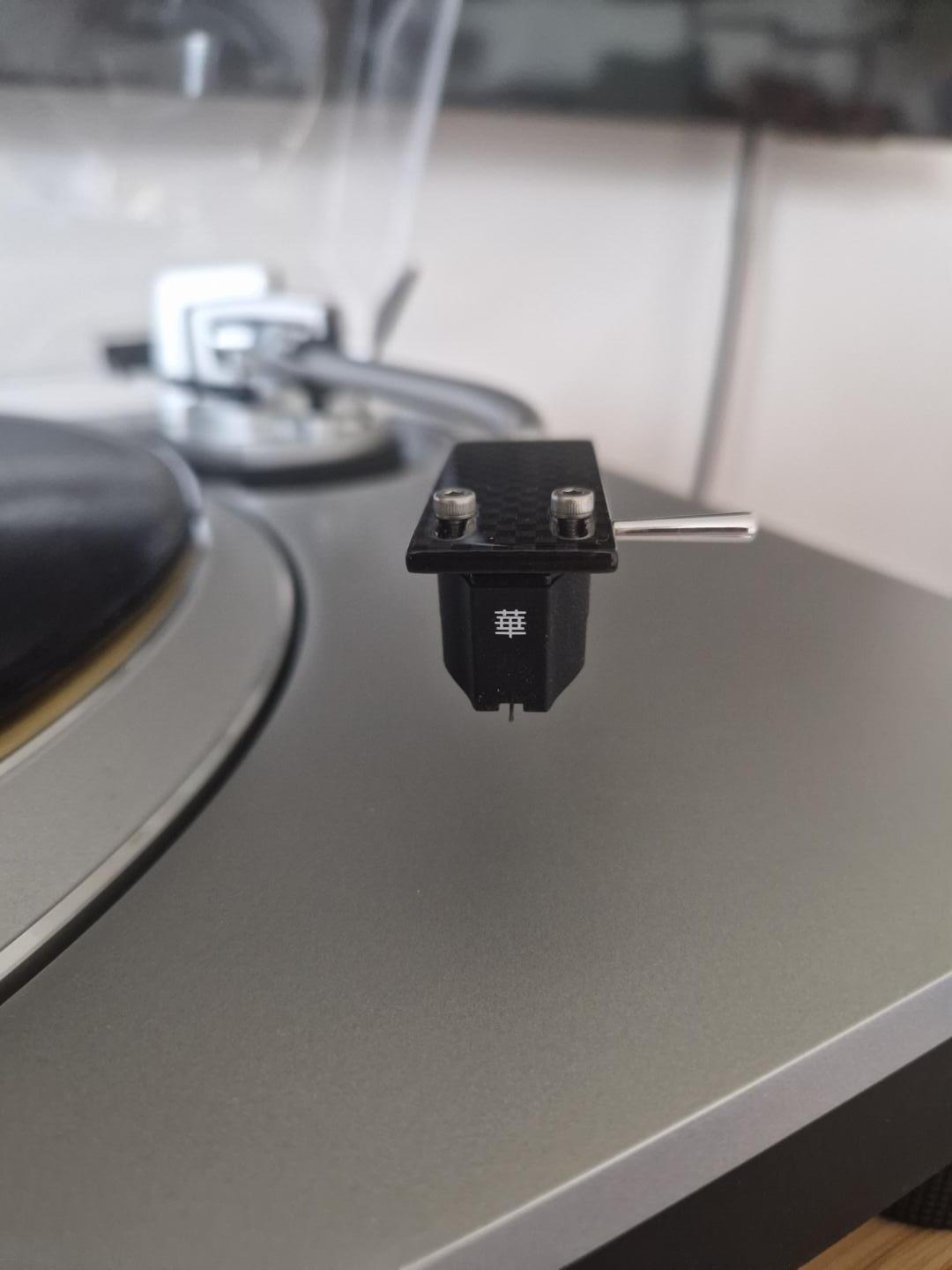
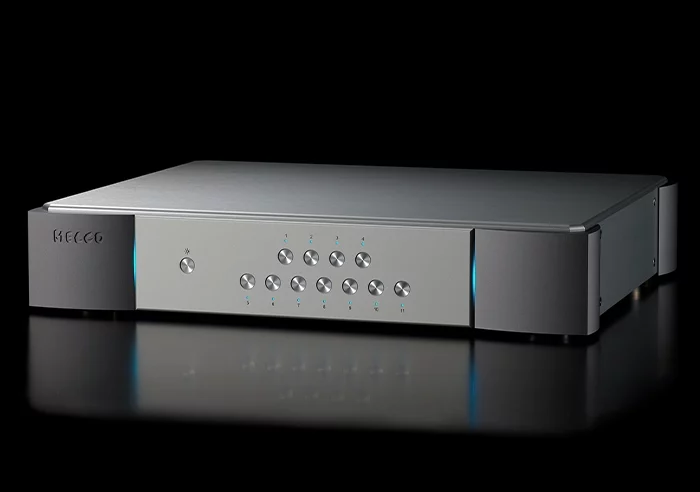
Leave a Reply